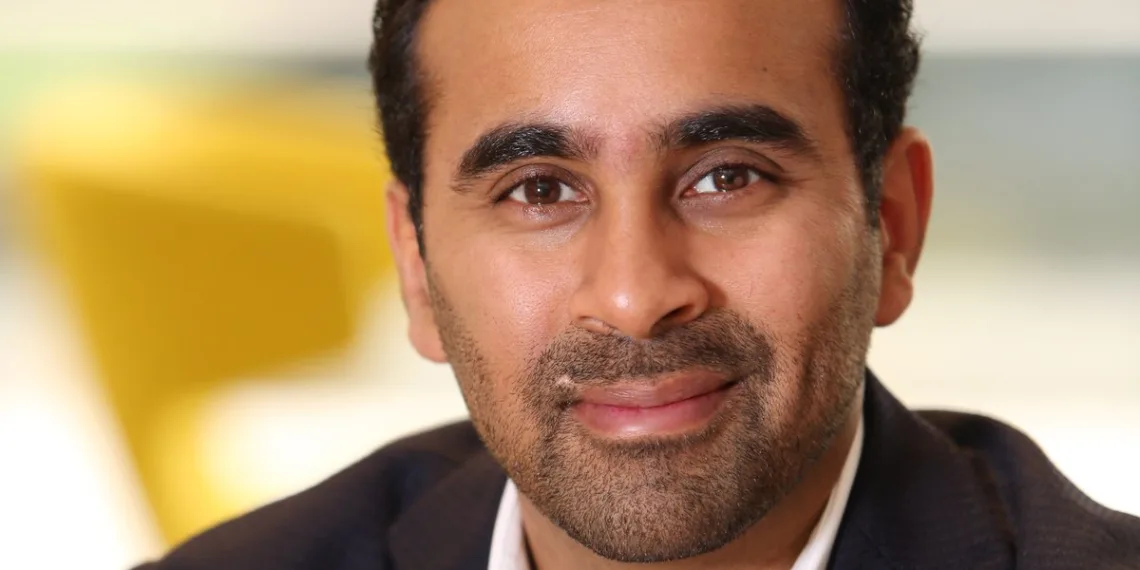The Digital Transformation of Distribution
The asset management sector is experiencing a major overhaul in its distribution methods, shifting towards more digital and direct-to-consumer approaches.
According to a survey conducted by PwC, an impressive 91% of asset management leaders are gearing up to revamp their product distribution strategies in the coming years.
This evolution is motivated by the demand for improved efficiency and the evolving preferences of investors.
Digital distribution is anticipated to cut costs by reducing dependence on intermediaries, enabling asset managers to connect with a wider audience at a lower expense.
Additionally, it opens doors for more targeted marketing and personalized communications, utilizing data analytics to customize messaging and product suggestions to fit individual investors’ preferences and behaviors.
Boris Redfern underscores the significance of the human connection in investment management, stating, “At its core, the investing industry is a people-centric business. The true value of investment advice hinges on the trust established between clients and advisors, which can surpass performance metrics in importance for many investors, particularly older ones.”
Nonetheless, Boris also recognizes technology’s role in enhancing operational efficiency.
He describes several ways in which robo-advisors can improve investment management, noting, “Robo-advisors offer automated, personalized financial guidance by employing algorithms that analyze individual investor profiles, objectives, and risk tolerances, thus allowing investment managers to provide tailored recommendations effectively and at scale.”
Regarding asset allocation, he states, “These platforms utilize sophisticated algorithms to identify the ideal asset allocation aligned with an investor’s risk profile and investment timeline, ensuring a diversified portfolio that meets the client’s goals without necessitating manual oversight.”
Integrating ESG and Sustainable Practices
As environmental, social, and governance (ESG) factors become increasingly crucial, asset managers are facing mounting pressure to weave these elements into their investment frameworks. A report by Preqin indicates that 77% of hedge fund managers anticipate that ESG considerations will significantly influence their investment choices by 2025.
“ESG is a crucial subject, yet it remains somewhat fluid from a regulatory standpoint,” comments Matt.
“Consequently, it’s vital for hedge funds and asset managers not to overstate their sustainability initiatives. The focus should be on maintaining robust processes that extend beyond merely depending on the risk scores provided by ESG data sources.”
Matt highlights the growing importance of ESG within the due diligence process, stating, “ESG will play an increasingly significant role during due diligence, offering active managers like us the chance to add value not only by generating alpha but also by pinpointing companies poised to make a meaningful contribution to a sustainable future.”
To align with escalating ESG standards, asset managers must establish comprehensive ESG policies and frameworks to steer their investment decisions, which includes setting clear benchmarks for assessing companies’ ESG performance and embedding these factors into their risk evaluation models.









